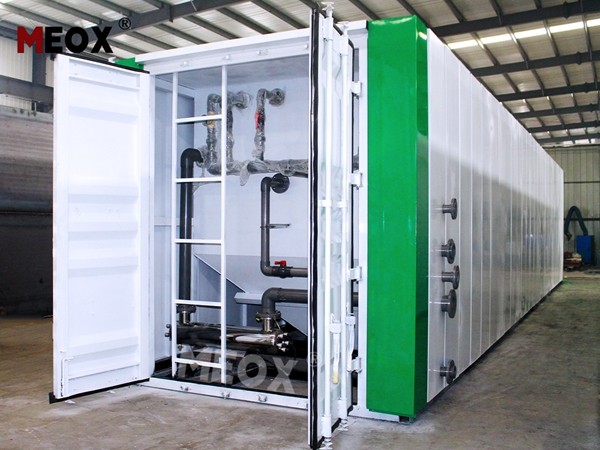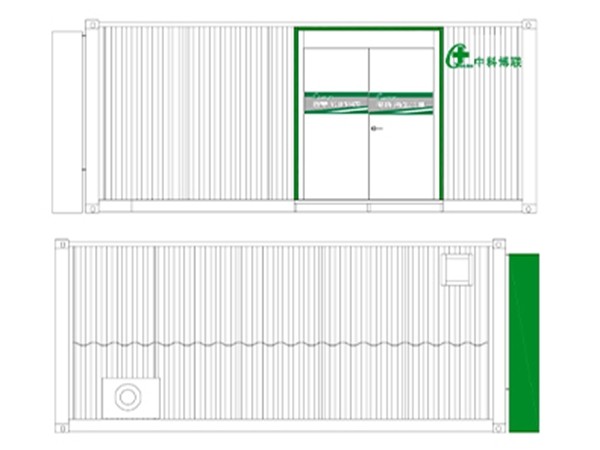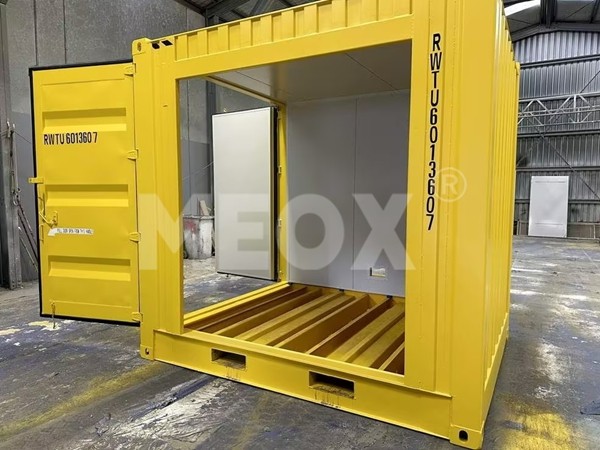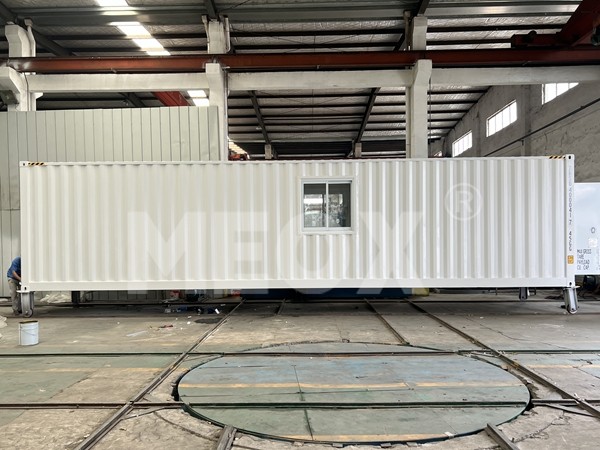The rise of container commercial kitchens offers an innovative and flexible solution for entrepreneurs looking to dive into the foodservice industry. These modular units are revolutionizing the way chefs and restaurateurs conceptualize their business operations, blending efficiency with sustainability. This comprehensive exploration of container commercial kitchens delves into their unique advantages, drawing from expert insights and real-life applications.

Container commercial kitchens are essentially shipping containers repurposed for culinary use. Their versatility is borne from their inherently durable design, originally crafted to withstand the rigors of international shipping. This durability translates into a resilient kitchen structure that can be placed almost anywhere, from urban centers to remote locations with ease. The adaptability of these containers is a game-changer, allowing chefs to bring high-quality gastronomy to geographic areas that were previously unreachable or underserved.
One of the principal benefits of container kitchens is their cost-effectiveness. Traditional restaurant setups can be prohibitively expensive, with costs mounting up in real estate, interior design, and construction. Container kitchens circumvent many of these expenses. According to industry experts, the setup cost for a container kitchen is significantly lower, offering a streamlined path to market entry. Moreover, this modularity means a faster turnaround from conception to operation, allowing entrepreneurs to respond swiftly to culinary trends and shifts in consumer demand.

From a sustainability perspective, container commercial kitchens align with the growing ecological consciousness of today’s consumers and business owners. By repurposing steel containers, businesses contribute to recycling efforts and reduce their carbon footprint. Additionally, these kitchens are often equipped with energy-efficient appliances and systems, further minimizing environmental impact. Restaurateurs who prioritize green practices can thus leverage container kitchens as part of a broader sustainability strategy, appealing to an increasingly eco-aware customer base.
The expertise required to operate a container kitchen is relatively straightforward, thanks to their standardized design. Many manufacturers and suppliers offer comprehensive support packages that include everything from installation to operational training. This accessibility empowers entrepreneurs with varying levels of culinary and business experience to confidently launch and manage their operations. Additionally, the modular nature allows chefs to customize the interior layout according to their specific culinary needs, ensuring that the space supports optimal workflow and food safety standards.container commercial kitchen for sale
Real-world applications of container commercial kitchens are abundant, further solidifying their credibility and trustworthiness within the industry. Across the globe, these units have been employed in a myriad of settings, from serving gourmet food at festivals to providing disaster relief catering in crisis zones. Their robust design and portability make them ideal for both temporary and permanent installations. Moreover, they have proven invaluable in urban environments where real estate is premium and space is limited. In cities like New York and London, container kitchens are popping up as trendy food hubs and incubators for culinary experimentation.
In terms of authoritativeness, numerous industry studies highlight the viability of container kitchens as a sustainable business model. Reports indicate that the growth in the container kitchen market is set to accelerate, driven by innovation in mobile food services and the evolving preferences of urban consumers. As this trend continues, container kitchens are likely to transition from niche to mainstream, with potential applications expanding into educational initiatives and community-centered food programs.
Trustworthiness, a cornerstone of any successful venture, is inherently built into the structural integrity and operational efficiency of container kitchens. Restaurants and chefs using these units can ensure regulatory compliance as they adhere to stringent health and safety codes applicable to the food industry. With proper maintenance, the durability of containers guarantees longevity, reducing the likelihood of operational interruptions and thus fostering consumer confidence.
In conclusion, container commercial kitchens represent a confluence of modern business acumen and culinary innovation. For the aspiring restaurateur or established chef seeking expansion, the container kitchen model offers a compelling blend of affordability, sustainability, and adaptability. By leveraging expert insights and real-world applications, entrepreneurs can not only meet but exceed the expectations of a dynamic and rapidly evolving market landscape. With continued advancements in design and implementation, container kitchens are poised to become a staple feature in the global culinary scene.






